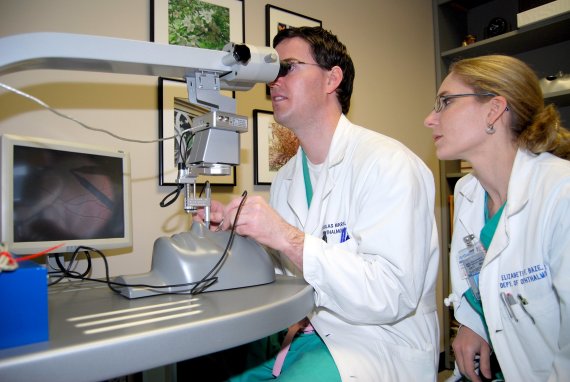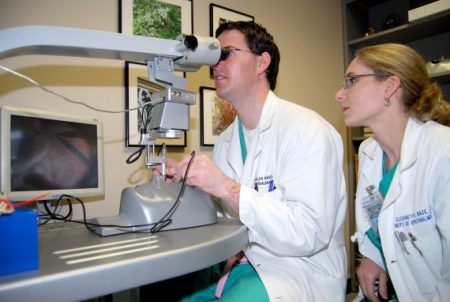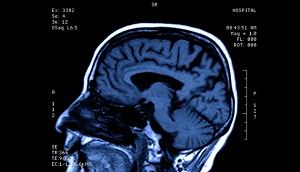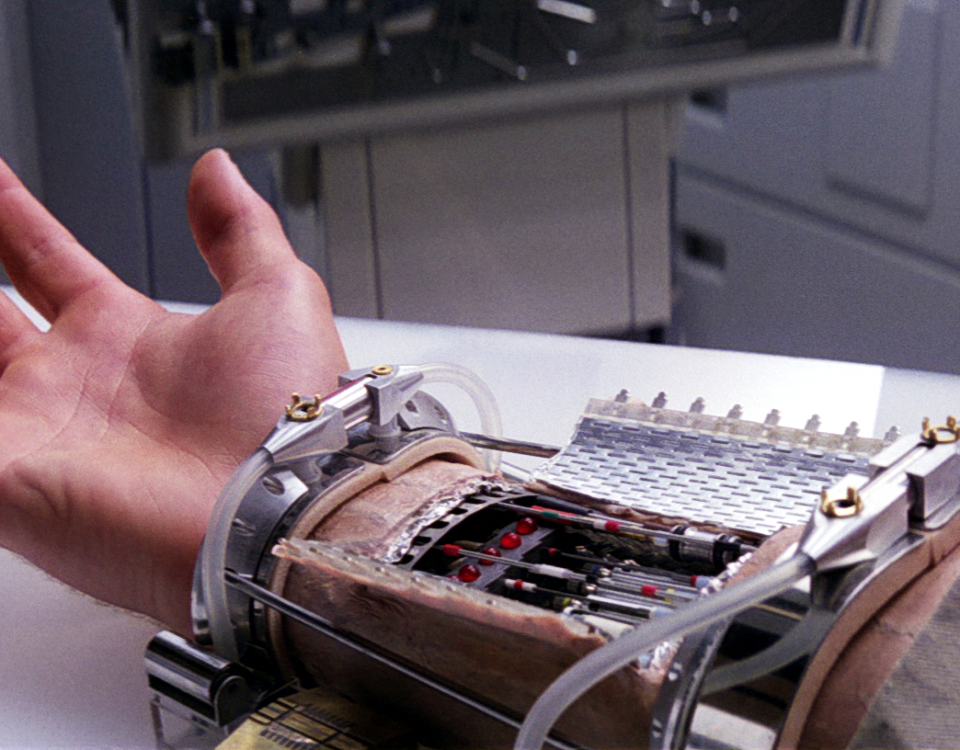Virtual Reality: A Real-Life Physician’s Assistant

Coming to a Wrist Near You: Smart Watch Assistants
November 3, 2016
How the Raspberry (Pi) Adds Flavor to the Future of Computer Programming
December 6, 2016Virtual Reality: A Real-Life Physician’s Assistant

Have you ever used virtual reality (VR) before?
The technology is so promising, you can’t help but wonder all the things it will one day be used for!
One industry which VR will especially impact is healthcare. Scientists, computer engineers, doctors and more have been working together to assist in training doctors, diagnosing, and treating.
Here are three different ways VR is already helping in the healthcare industry:
 1. Surgical Training
1. Surgical Training
Surgeons-in-training often use dummies to practice their surgical skills. As time goes on, they start assisting experienced doctors during surgeries. VR would provide new surgeons with a terrific way to practice with no harm, let alone any risk, to real patients.
Stanford University has created a responsive surgery simulator using CT scans of real patients. Although this technology may sound cutting-edge, it was originally developed in 2002.
 2. Brain Damage Assessment
2. Brain Damage Assessment
Assessing someone’s brain damage can be a very difficult task for doctors, as there are many aspects to the diagnosis.
CyberPsychology & Behavior has found that VR can help gauge someone’s spatial abilities, attention deficits and memory impairments. Additionally, it can provide a life-like setting when the person being assessed is not able to be in such a setting.
 3. Exposure Therapy
3. Exposure Therapy
One useful technique to treat anxiety disorders is called “exposure therapy”. Exposure therapy simply exposes the patient to the thing that causes them anxiety — whether it be flying, public speaking, a social phobia or other common sources of anxiety — until they confront the thing that causes their anxiety.
The University of Louisville is on the cutting edge of exposure therapy by integrating VR into patient treatment plans. Doctors simulate the source of anxiety in a safe environment, while coaching the patients through their fears.
This newfound freedom from anxiety gives people the ability to fly in planes, speak in public and interact with others, and allows the patient to live a fuller life.
Virtual reality has many applications in many, many different industries. Wherever it’s applied, its future will be a promising one.
Eric Cawley occasionally writes for Gary Stringham & Associates. Gary is a hardware, software, and firmware consultant and expert witness. He can be contacted at 208-939-6984.



